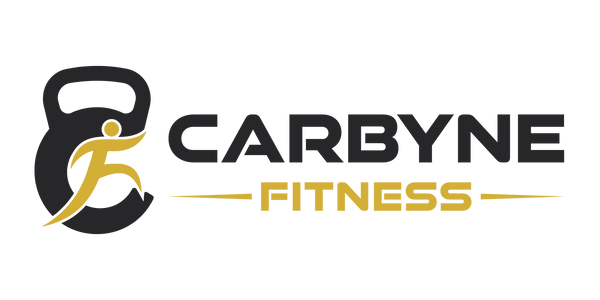Nutrition Calculator
This page is best viewed on PC/Tablet.
Welcome to the journey towards a healthier, happier you! Just as proper training guides your physical journey, mindful eating fuels your body for optimal performance. But navigating the world of calories and macros can feel like deciphering an ancient code. Worry not, for our trusty Nutrition Calculator is here to be your compass, charting the course to short term weight goals!
Metabolism, Explained:
Metabolism is the complex process (explained in simple terms here) of how your body converts food into energy. It's like a furnace that burns fuel (food) to keep you going. This process includes a variety of chemical reactions that occur throughout your body, from your cells to your organs.
Basal metabolic rate (BMR) is the amount of energy your body burns at rest to maintain basic functions, such as breathing, circulation, and cell repair. It typically accounts for about 60-70% of your total daily energy expenditure (TDEE).
Total daily energy expenditure (TDEE) is the total amount of energy your body burns in a day. It includes your BMR, plus the energy you burn through physical activity and digestion. This is the number to use when computing your daily caloric intake.
Basics of Macronutrients:
- Protein (1g of protein ≈ 4 calories): The construction crew, responsible for building and repairing tissues, enzymes, and hormones. Imagine protein as bricks and mortar, your body's building blocks for muscle, skin, and even hair. It also helps keep you feeling full and satisfied, aiding in weight management.
- Carbohydrates (1g of carbs ≈ 4 calories): The energy rush, your body's preferred source of quick fuel. Think of carbs as the glucose your brain and muscles crave, especially during exercise. But not all carbs are created equal. Opt for complex carbs like whole grains, fruits, and vegetables for sustained energy and essential fiber. Simple carbs like sugary treats may offer a quick burst, but leave you feeling drained soon after.
- Fats (1g of fats ≈ 9 calories): The unsung hero, playing a vital role in hormone production, cell function, and even brain health. Don't let the "fat" label fool you – healthy fats from sources like avocado, nuts, and fish are essential for optimal functioning. They keep you feeling full, lubricate your joints, and even insulate your organs.
Factors that Affect Metabolism:
- Age: Your metabolism slows down as you age. This is because you lose muscle mass, which is metabolically active.
- Sex: Men typically have higher BMRs than women, due to their higher muscle mass.
- Weight: People who weigh more have higher BMRs, because they have more body tissue to maintain.
- Physical activity: Regular physical activity can help to increase your muscle mass and BMR.
- Diet: Eating a healthy diet can help to boost your metabolism. As diet is difficult to measure, it will not be taken into account by the Nutrition Calculator.
Methodology of computing BMR:
We use 2 methods to compute the BMR and TDDE: Mifflin-St Jeor Equation and Katch-McArdle Equation.
- Mifflin-St Jeor: One of the most widely used BMR formula. Does not require knowledge of lean body mass. The formula for males and females differs.
- Katch-McArdle: Takes into account lean body mass. Does not take into account gender. Generally more accurate than Mifflin-St Jeor for very lean or very obese people.
(Please refer to our Singapore site https://carbyne.sg/pages/nutrition-calculator for the Excel table. Apologies for the inconvenience, there is a problem with the embedding on this page.)
Disclaimer: The above information is not intended as medical advice. Consult a healthcare professional before starting any diet program if you have any health concerns, injuries, or illnesses. If you have any specific queries with regards to this article, please leave us a message through the form below.





